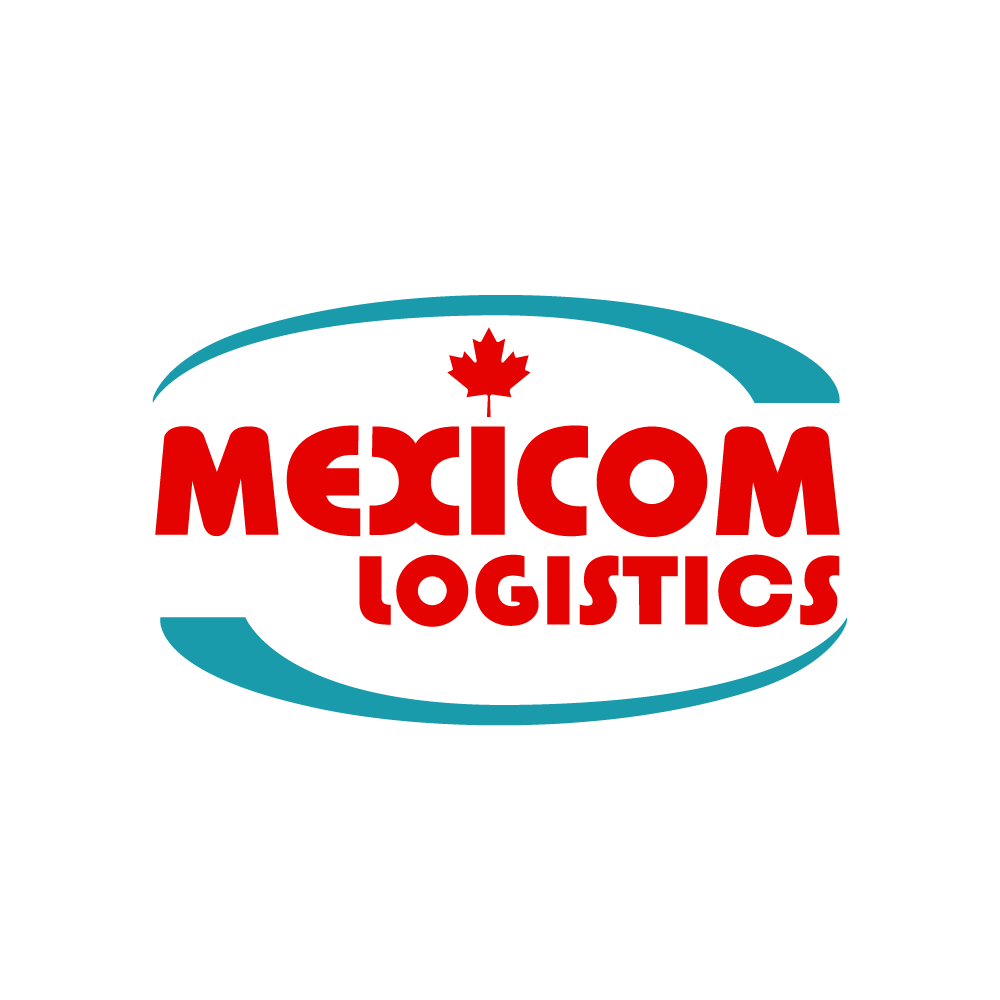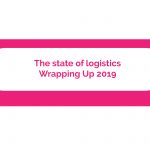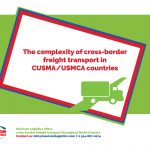An effective 3PL Request for Proposal
What is a 3PL Request for Proposal or RFP?
An effective RFP process is essential to the development and continuity of successful shipper-3PL relationships. A 3PL Request for Proposal (RFP) is a business document created by a shipper to announce and provide details about a logistics project. Through a Request for Proposal, the shipper solicits bids from 3PLs who will help complete the project. A rigorous Request for Proposal (RFP) process helps shippers effectively communicate their needs and the desired outcome to prospective 3PLs.
Key players involved in the Request for Proposal Process
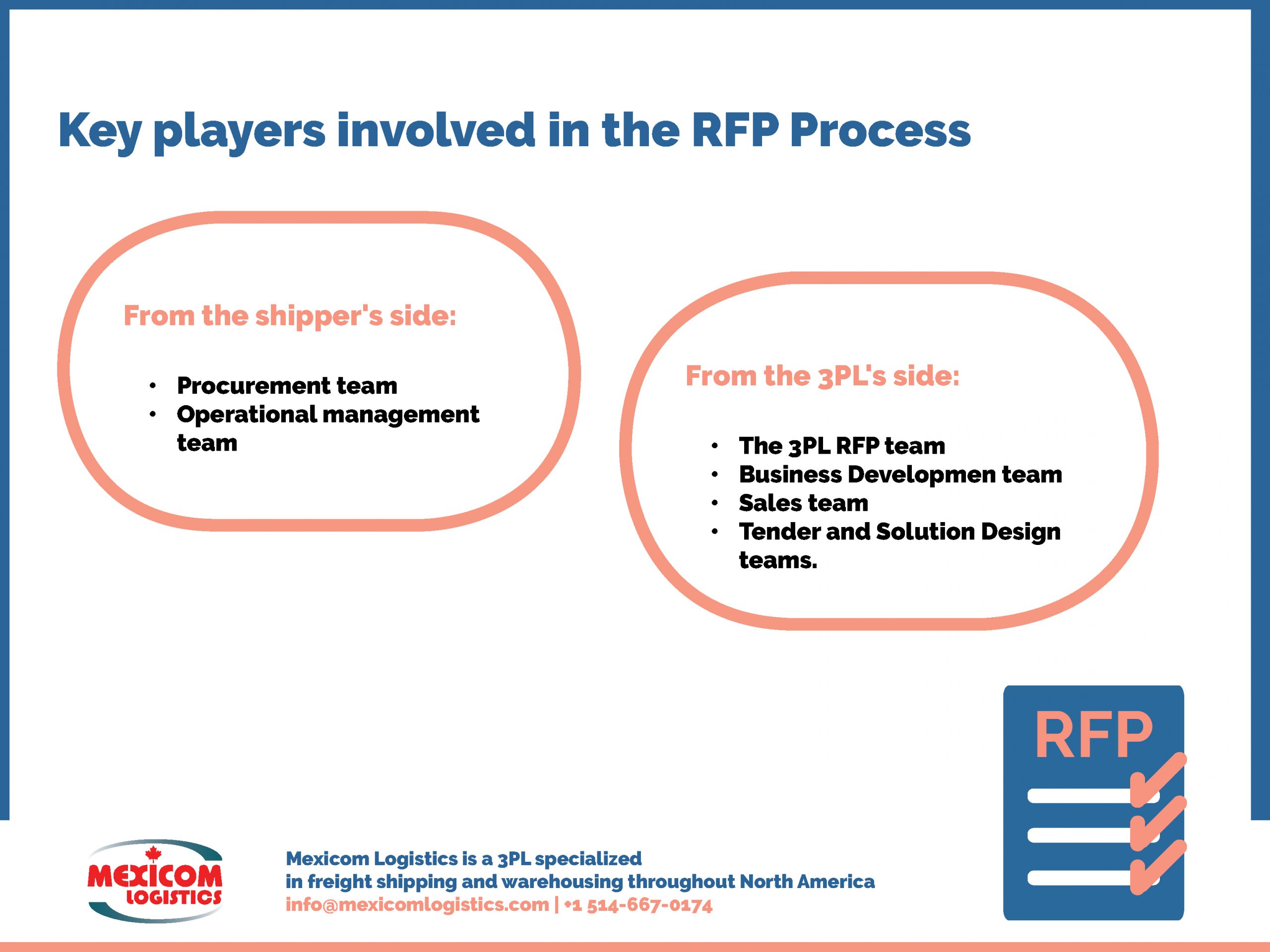
From the shipper’s side:
The shipper’s procurement and operational management teams
From the 3PL’s side:
The 3PL RFP, Business Development, Sales, Tender and Solution Design teams.
Key elements for a 3PL Request for Proposal
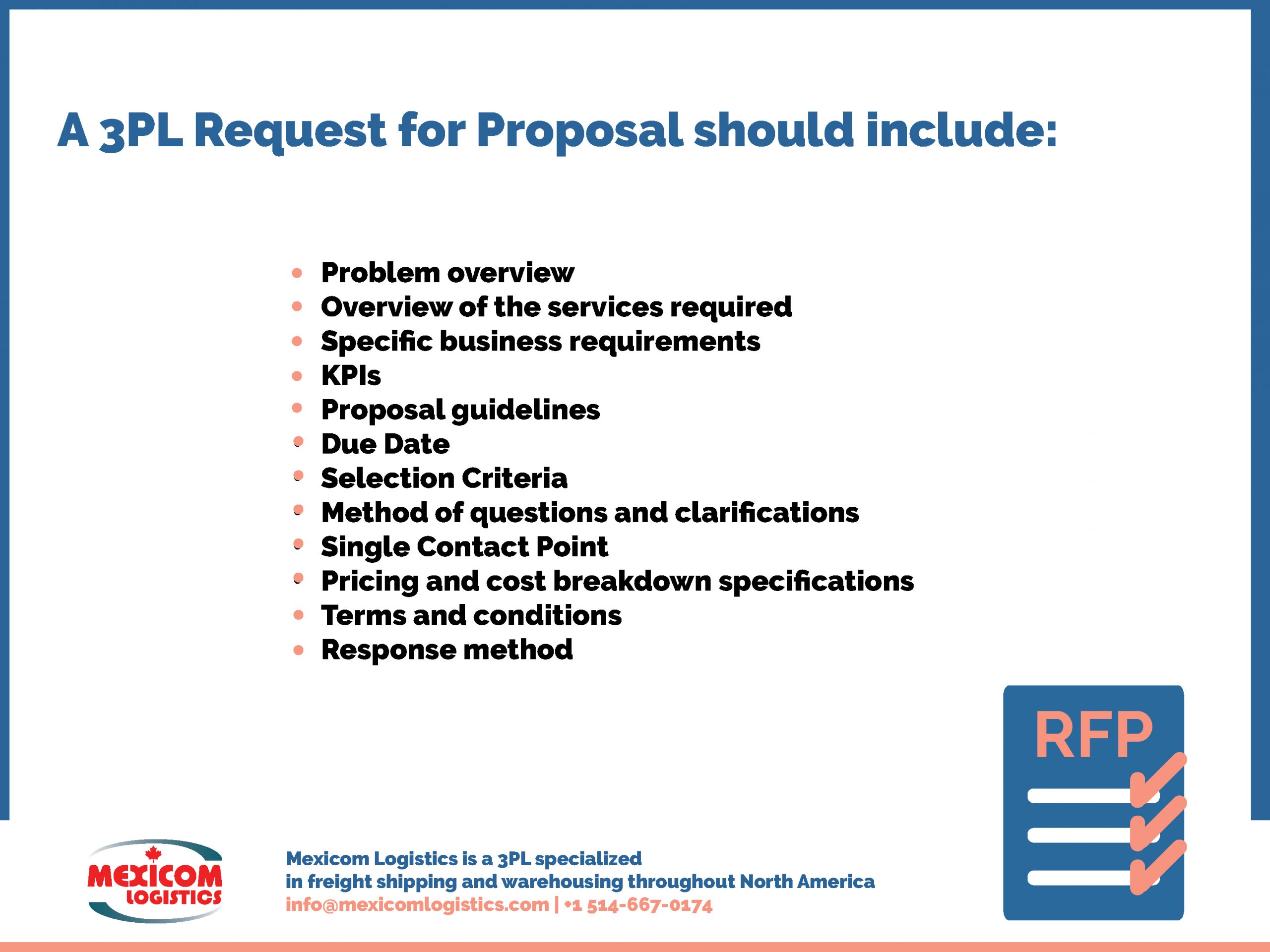
A well-written RFP helps logistics providers understand their role, identify solutions and project accurate pricing. A 3PL Request for Proposal should include:
- Problem overview
- Overview of the services required
- Specific business requirements
- KPIs
- Proposal guidelines
- Due Date
- Selection Criteria
- Method of questions and clarifications
- Single Contact Point
- Pricing and cost breakdown specifications
- Terms and conditions
- Response method
The Request for Proposal process
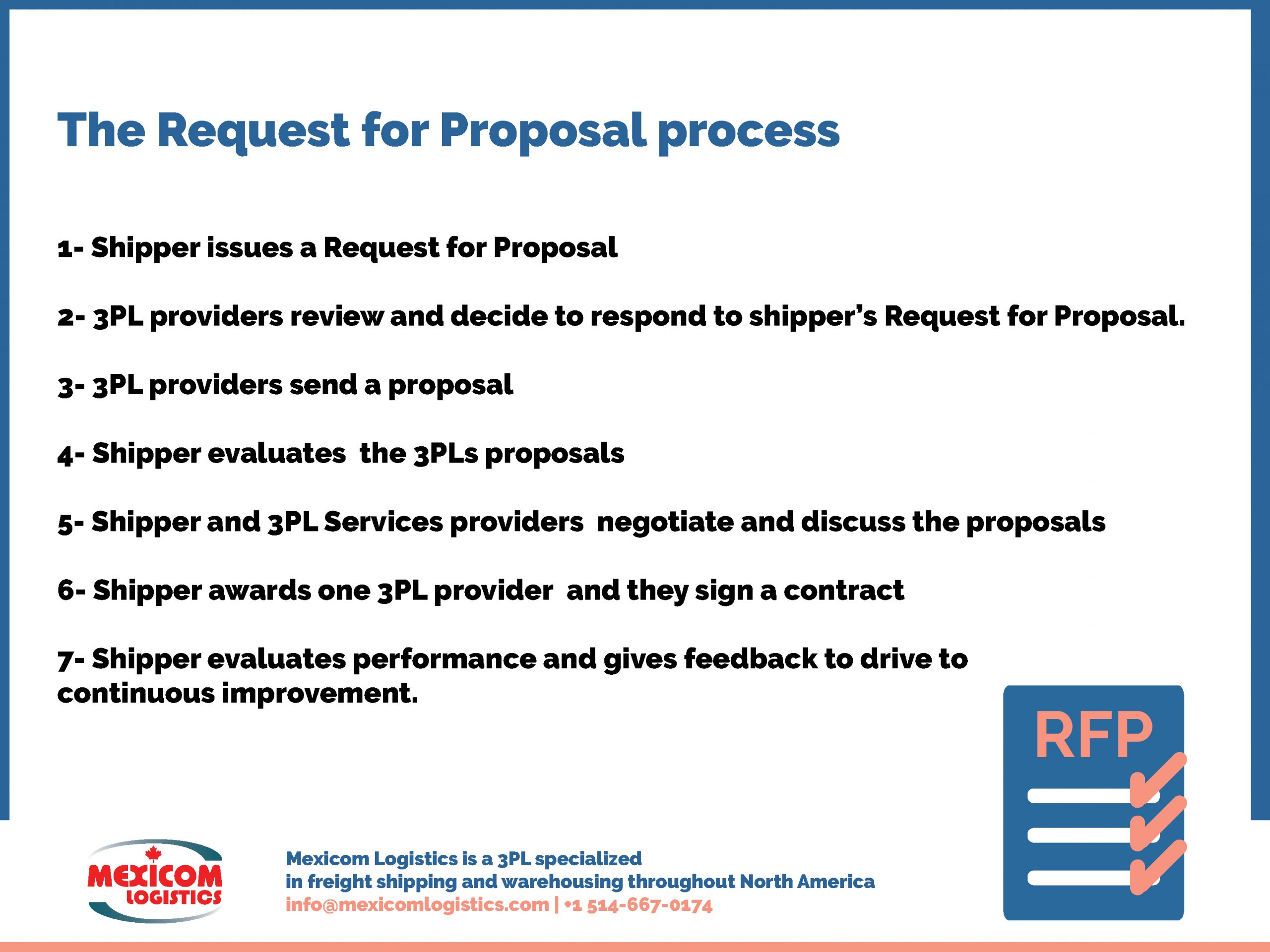
The Request for Proposal process consists of the following steps:
1-Shipper issues a Request for Proposal
2- 3PL providers review and decide to respond to shipper’s Request for Proposal.
3- 3PL providers send a proposal
4- Shipper evaluates the 3PLs proposals
The 3PL provider presents a proposal and the shipper evaluates if that proposal meets the requirements and represents a suitable solution to the problem.
Checklist:
- Proposed solution
Is aligned with the problem the shipper is trying to solve?
How long is it going to take to implement it?
Is it based on facts?
- Proposed price
Does it compare to the planned budget?
- Terms and conditions
Does the proposal meet the terms and conditions and specific requirements of your company?
- Skills and Abilities
Is the provider qualified?
- References
What is the 3PL’s reputation?
5- Shipper and 3PL Services providers negotiate and discuss the proposals
6- Shipper awards one 3PL provider and they sign a contract
7- Shipper evaluates performance and gives feedback to drive to continuous improvement.
The key to a successful RFP process
Effective communication between Shippers and 3PL providers is central to a meaningful Request for Proposals process. The 2019 23rd Annual Third-Party Logistics Study: The State of Logistics Outsourcing by C. John Langley Jr., Ph.D., and Infosys, 2019, study reveals that “Although 86% of 3PLs agreed that they diligently deal with their pipelines of bids, RFPs, and tenders, only 65% of shippers agreed that 3PL responses to RFPs, bids, and tenders are consistently prepared on-time and in full, with feedback and buy-in from the 3PLs’ supporting functions.” There is a need to improve communication and data sharing during the RFP process.
Tips to maintain effective communication during a RFP process
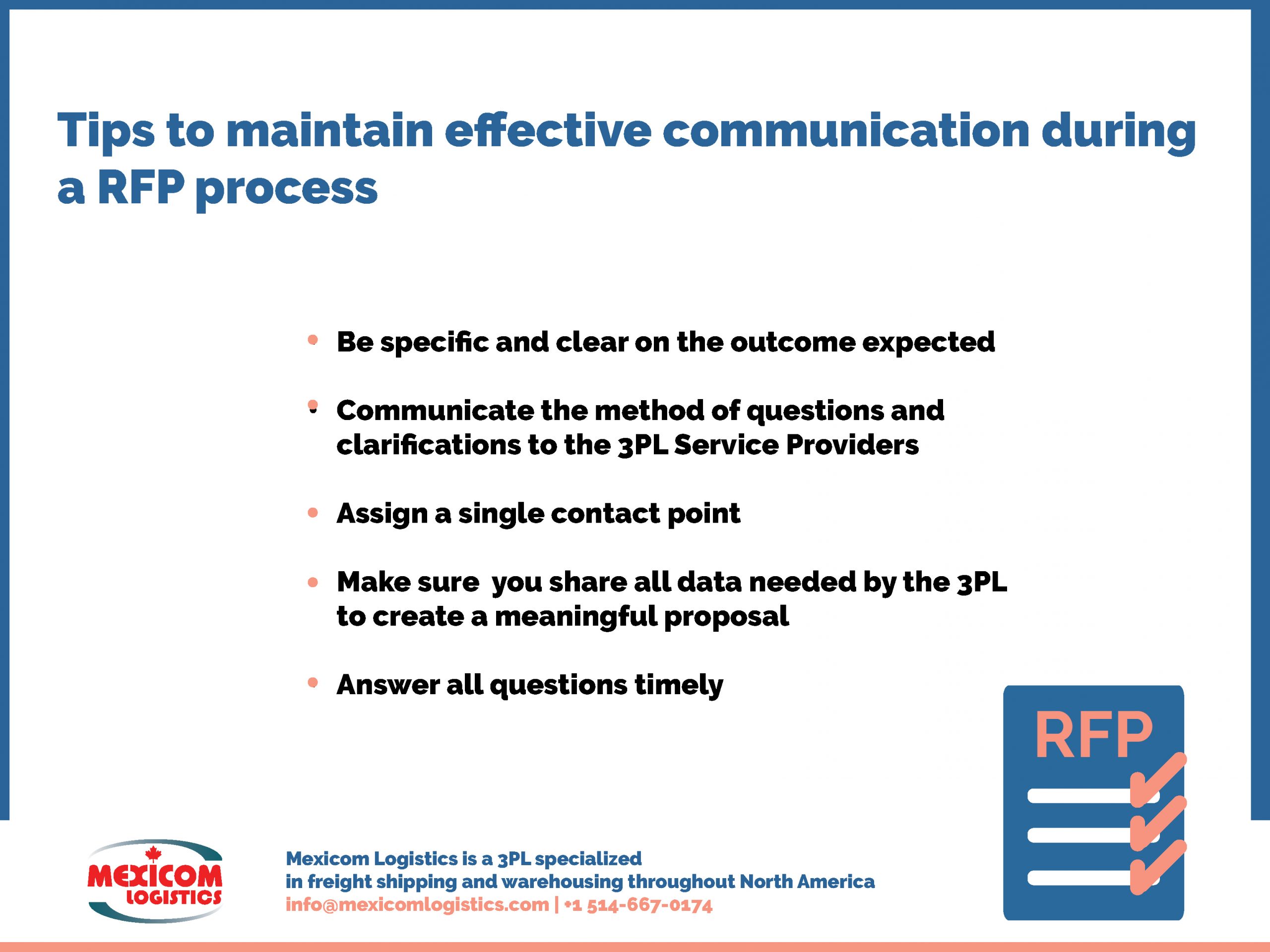
- Be specific and clear on the outcome expected
- Communicate the method of questions and clarifications to the 3PL Service Providers
- Assign a single contact point
- Make sure you share all data needed by the 3PL to create a meaningful proposal
- Answer all questions timely
Sources:
Click to access ministry_rfp_guide.pdf
2019 23rd Annual Third-Party Logistics Study: The State of Logistics Outsourcing,” C. John Langley Jr., Ph.D., and Infosys, 2019.

